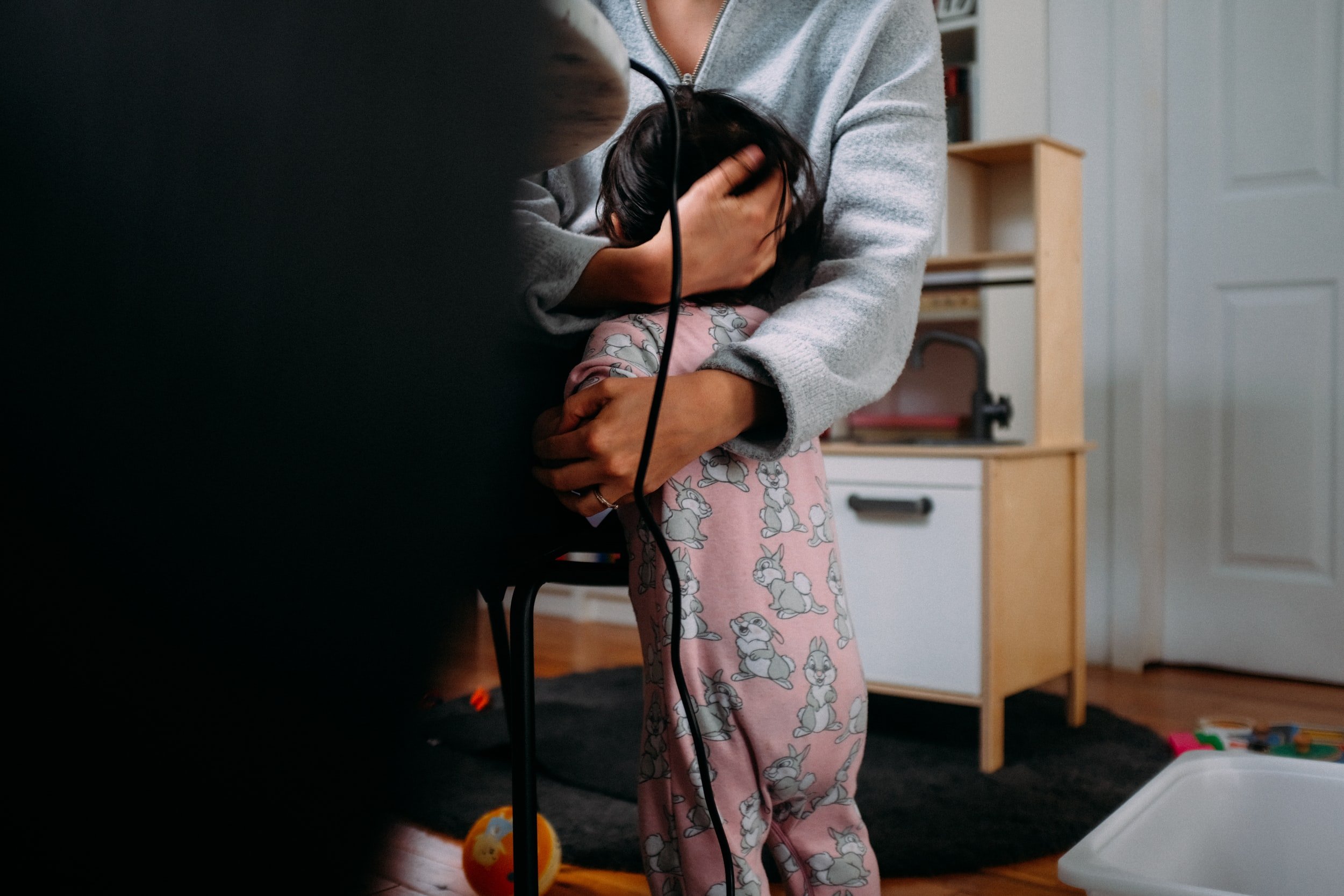Your Mother is a Man
Being a perfect woman is an imperfect business
No, this post isn’t about gender fluidity, it’s about gender role fluidity.
Yosano Akiko (1878-1942) was never destined to fit the classic Japanese stereotype of the “Good Wife, Wise Mother” (良妻賢母). Even as a child she showed too much attitude. But life circumstances forced her to become the primary breadwinner of the family, in addition to being mother to 11 children. I doubt she would have chosen this path if she had a choice. She had to wear the hats of both father and mother in the family.
It wasn’t because the father of her children was absent; Akiko’s husband Hiroshi was present, but he was little help. He was frequently depressed and resentful. He struggled to find work. As Akiko’s reputation as a groundbreaking poet grew, his receded. He had been the popular personality originally, until he ‘found’ her and supported her work. Suddenly she was the one everyone wanted to interview. It recalls the newlywed Prince Charles’ struggles when Princess Diana was suddenly the most interesting person in the room, eclipsing him and, ultimately, causing jealousy and rancour.
Hiroshi took swipes at his hard-working wife. He wrote poems about how she was the one “wearing the pants” in the family; he said they were jokes, but they angered her. Neither of them drank much, but he would invariably turn red-faced after one drink, whereas Akiko took her whiskey in stride. Hiroshi introduced her to cigarettes, and soon it was nicotine that got her through her marathon writing sessions. Once, her son Shigeru went into her study and came out squealing and coughing from the smoke, writes Watanabe Atsushi in his biography You are a Poppy Flower, I am a Poppy Flower Too (『君もコケリコ我もコケリコ』渡辺淳一1999年文藝春秋).
“It can’t be helped,” Hiroshi told little Shigeru, “Your mother is a man.”
Akiko was criticized by fellow writers, as well. “She may be famous, but she can hardly be seen as an ideal woman. She never even enters the kitchen,” wrote one in a newspaper article.
Little wonder Akiko was driven to rage by the cultural norms that painted women as burdens to society. She downplayed her success to spare her husband’s feelings, but sometimes, her suppressed anger found its way into her essays.
“Is there a man alive who could bear the pain of childbirth?”, she writes furiously. “How is it that we became the weaker sex?”
I hear you, Akiko! And I would add, how is it that giving in to bad habits like smoking cigarettes and drinking make you less of an ‘ideal woman’? What the heck is that, anyway? Whatever gets you through the day, sisters.

